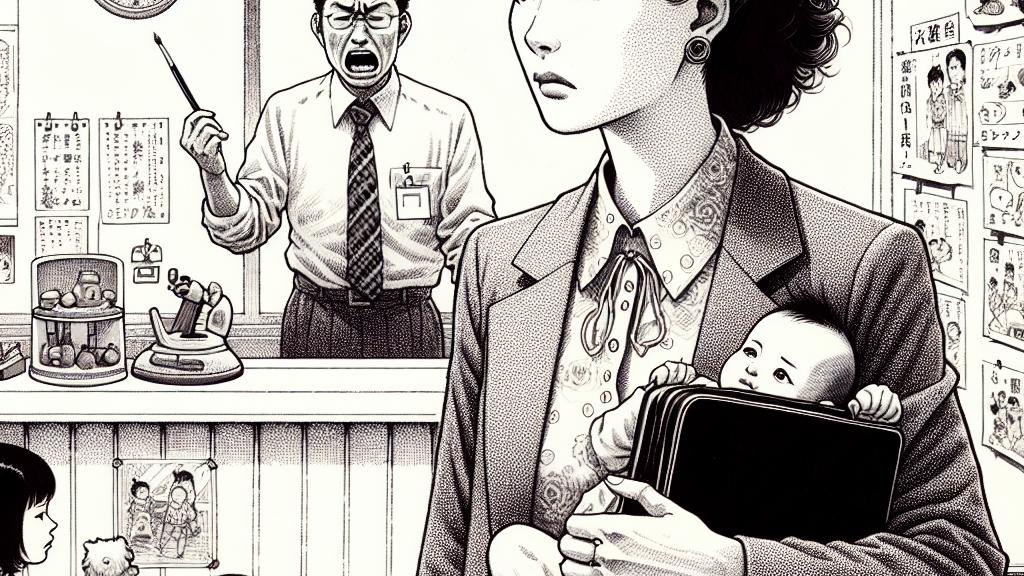The Struggles of Working Parents in Child Welfare Facilities
Overview
- Working parents often face intense pressure to prioritize their children, sacrificing their careers.
- Numerous parents have reported being expelled from childcare facilities for attempting to balance work and family responsibilities.
- The welfare system must urgently adapt to support diverse family structures, reflecting the realities of modern life.

The Dilemma Faced by Parents
In Japan, a poignant dilemma unfolds within child welfare facilities as countless parents struggle to balance their professional lives with the demands of raising children. Take, for instance, the mother who was fiercely scolded by a facility director for not quitting her job, with the insinuation that only devoted, stay-at-home parents could truly give their children the right kind of attention. This heart-wrenching example underscores a systemic bias that fails to recognize the grim realities many families face: homes where financial stability hinges on dual incomes. The expectation that one must choose between career and caregiving creates a pressure cooker environment, where parents often feel cornered, grappling not just with guilt, but also with the very real fear of financial instability.
Impact of Work on Family Dynamics
For parents, particularly those caring for children with special needs, the conflict between professional obligations and family commitments can be overwhelming. Numerous stories point to parents being advised—or even pressured—to resign from their jobs in order to provide adequate care. Just imagine the emotional toll: parents feeling that they must sacrifice their identity and aspirations, all while battling society’s expectations that motherhood should equate to stay-at-home status. This pervasive notion perpetuates a narrative where many mothers are caught in an emotional whirlwind of frustration and despair when confronted with the unrealistic expectations placed upon them. The effects of this dilemma ripple through families and communities, leading to an alarming trend of burnout and dissatisfaction.
The Urgent Need for Systemic Change
To cultivate a supportive and progressive environment for families, significant reform within the welfare system is imperative. As society evolves, with an increasing number of households relying on both parents' incomes, barriers that prevent working parents from achieving a harmonious balance must be actively dismantled. Consider the implementation of flexible childcare solutions or policies that genuinely support working parents; these changes can significantly transform family life. By fostering open discussions around these pressing issues, we pave the way for policy adjustments that honor both parental roles and children’s needs. Ultimately, every child deserves an enriched environment where they can thrive, while parents should feel empowered, instead of shackled by outdated expectations. Such shifts would not only benefit individual families but would enhance society as a whole.

Loading...